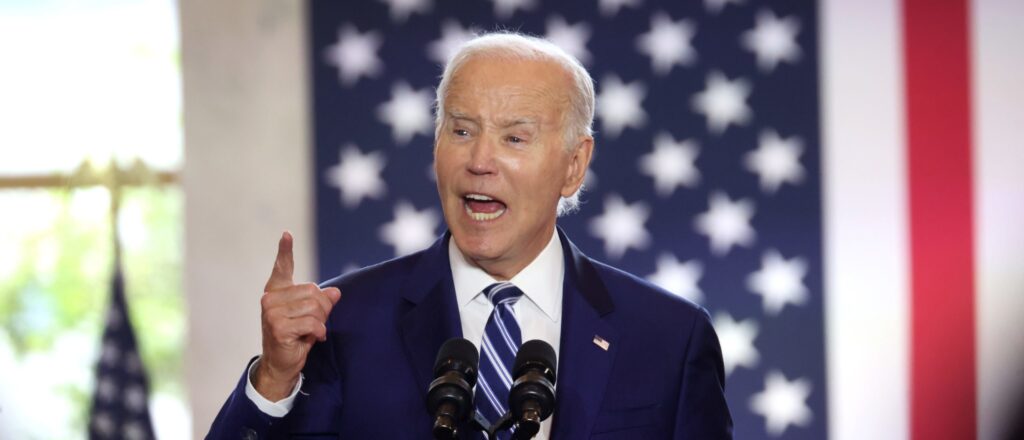Experts are sounding the alarm on the recent jobs numbers after the estimate included an unusually high amount of jobs in the government sector, Fortune reports.
The Bureau of Labor Statistics (BLS) released its monthly jobs report on Friday showing that only 209,000 jobs were added in June, which is less than what economists had predicted and far less than the 309,000 job increase in May. The BLS also reported a large increase in new government jobs, showing 60,000 new jobs for June and an average of 63,000 new jobs per month for the year, as opposed to 23,000 last year, which some economists say is an indicator for an upcoming recession, according to Fortune. (RELATED: Bidenomics? New Jobs Data Shows More Americans Are Struggling To Find Full-Time Work)
“When the jobs numbers are suddenly pointing towards weakness and rapidly falling inflation, the Fed’s plans to keep over-tightening puts the economy on dangerous ground,” Will Luther, an economics professor at Florida Atlantic University, told Fortune. “The big numbers could continue for a couple more months … But as the public numbers get closer to where they were in early 2020, they will slow substantially.”
Peter Earle, an economist at the American Institute for Economic Research, told the Daily Caller News Foundation he believes that an upcoming recession is likely and that the lack of private hiring is a sign of falling economic growth.
“When the productive portion of society who have to serve customers and make a profit stop hiring while those who live off of them keep hiring, it’s likely a sign of contracting growth,” Earle said. “Two-and-a-half years of high inflation, and now interest rates, the highest they’ve been since 2007, are adding to declining business prospects.”
Eugenio Aleman, chief economist for brokerage Raymond James, told Fortune he believes that the low private job increases are “the first indication that the U.S. will slow a lot in the second half of 2023.”
“We’ve already created 85% of the jobs generated in 2019 when the economy grew by 2.2% … Unless the economy accelerates, there’s no reason to hire more workers,” Aleman told Fortune.
Earle believes the upcoming recession is part of a broader trend of economic poor performance, he told the DCNF.
“The US is likely heading into the second [part] of what will be a double-dip recession (the first having been the 1st and 2nd quarter declines in GDP in 2022),” Earle said. “The next recession, I suspect, is likely to occur by September 2024.”
Gov’t was one of only a few industries whose monthly change in Jun employment did not have a confidence interval that included zero – even the BLS is increasingly unsure that jobs are being added across the economy: pic.twitter.com/cRWDlP8LXi
— EJ Antoni (@RealEJAntoni) July 11, 2023
E.J. Antoni, research fellow in the Heritage Foundation’s Grover M. Hermann Center for the Federal Budget, does not necessarily believe that the high increase in government jobs is an indicator of an upcoming recession, but rather points to the low confidence levels in the individual job sectors from the BLS report.
“Much more worrying is the fact that the estimates for almost all other sectors besides government had a confidence interval that included zero, meaning the BLS could not say the change was statistically significant,” Antoni told the DCNF in a statement. “Even Biden’s Department of Labor is increasingly uncertain that jobs are being added across the economy.”
All content created by the Daily Caller News Foundation, an independent and nonpartisan newswire service, is available without charge to any legitimate news publisher that can provide a large audience. All republished articles must include our logo, our reporter’s byline and their DCNF affiliation. For any questions about our guidelines or partnering with us, please contact licensing@dailycallernewsfoundation.org.


